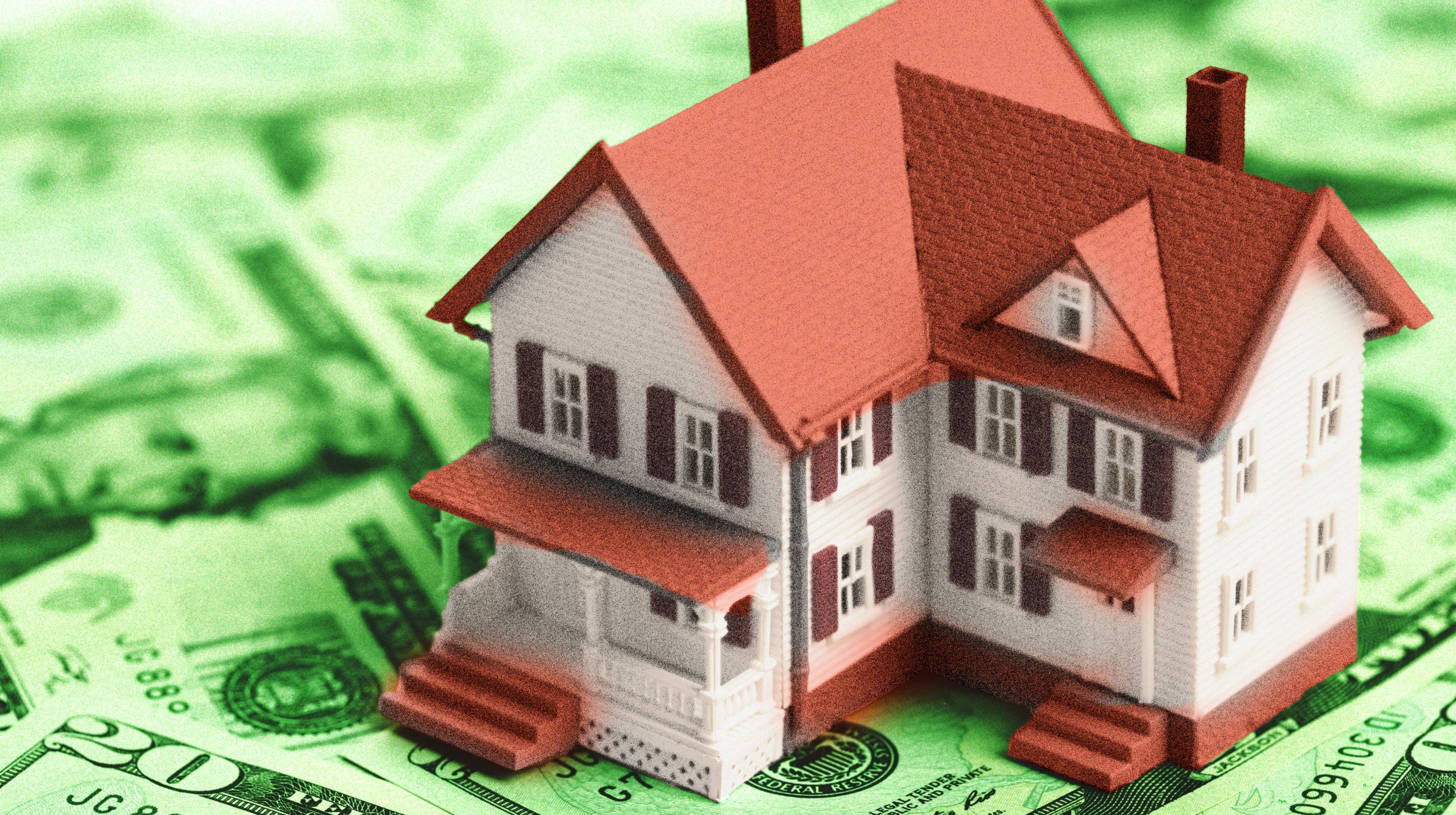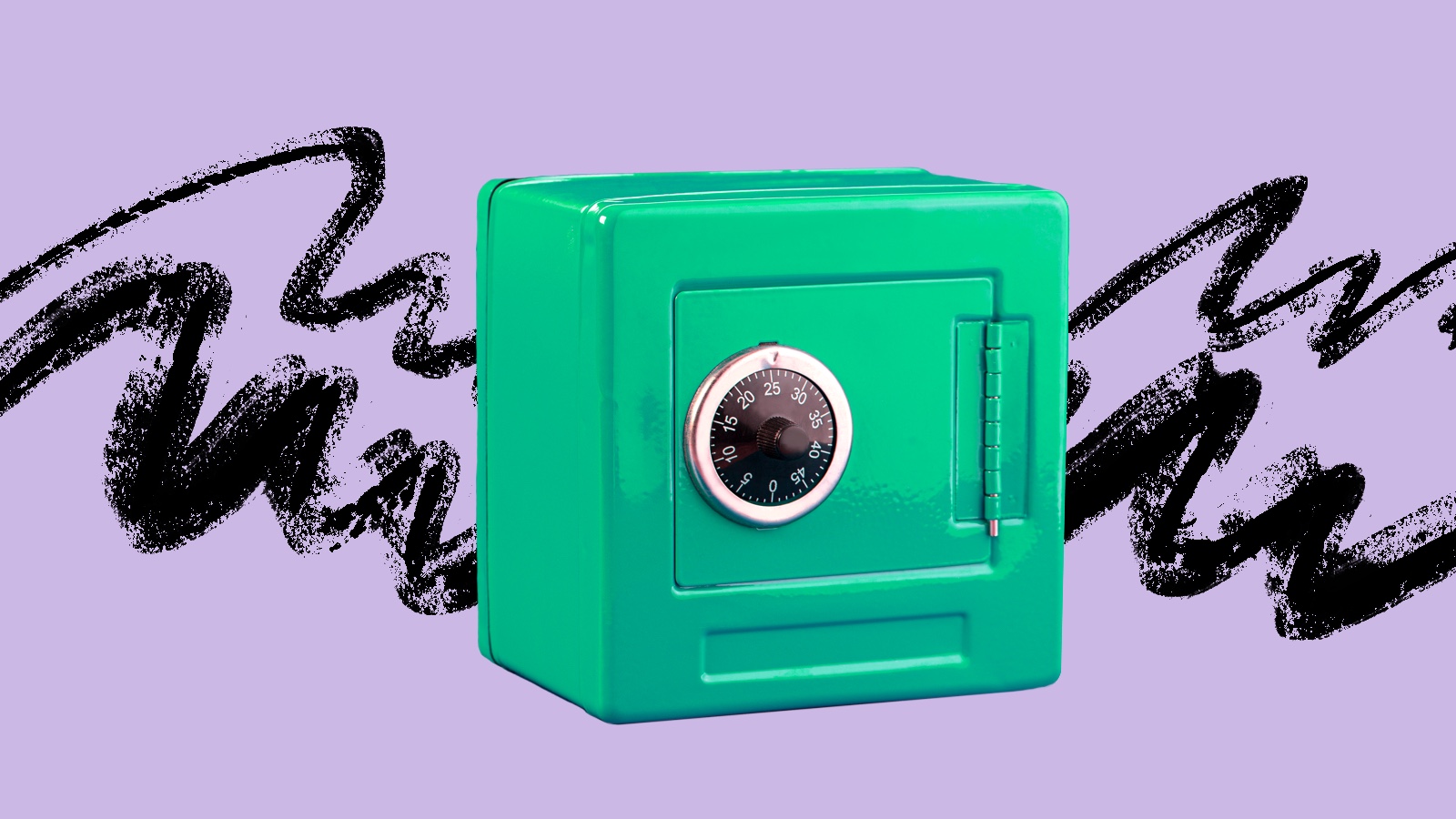German Economist Says Growth May Not Return Until 2010

Big Think recently approached five leading economists for their best predictions on when we will be out of the mess known as our national economy.
Watch for their commentary in the Big Think blog in the coming days. And after you listen to their ideas, you can let the countdown begin.
Today’s prediction is from Michael C. Burda, Ph.D. of Humboldt-Universität in Berlin. Burda is Professor of Economics and Chair for Macroeconomics and Labor Economics. He has held previous teaching positions at INSEAD and the University of California at Berkeley. His research centers on macroeconomics and the economics of labor markets. He is co-author, with Charles Wyplosz of “Macroeconomics: A European Text” which was published by Oxford Univerisity Press. He is a founding contributor to the gloabl economics policy portal Vox EU.
So, Professor Burda, when will the recession end?
“Historically, recessions in the US have been brief affairs. As far as I can see, in this case we have just started. We haven’t seen anything yet. This is a contender for the mother of all recessions, not quite a depression, because Obama seems to have a grip on what needs to be done.
All the same, the US will recover more slowly than Germany and the rest of Europe because it is sitting on a ton of bad mortgage debt. This is an albatross around the neck of the economy. US house prices remain significantly above their average levels over the period 1890- 1990. Here’s the picture for a the Case-Shiller index of real (inflation adjusted) house price in the US, compliments of Professor Barth of Auburn Universtiy and the Milken Institute:

The
drop in real housing values has enormous implications for the equity positions of US households and for banks and investors who hold the debt issued to those homeowners now sitting on negative equity and having trouble making mortgage payments. If US banks were forced to accept these losses all at once, we’d have to start the banking sector from scratch again. The alternative is to stretch it out over time, which means the US could end up looking more like Japan did in the 1990s.
So in a nutshell I think the recovery will be drawn-out, if we’re lucky growth will return in another year’s time (beginning of 2010). Maybe a bad bank solution will help. Or maybe Obama will pull off a miracle.”





